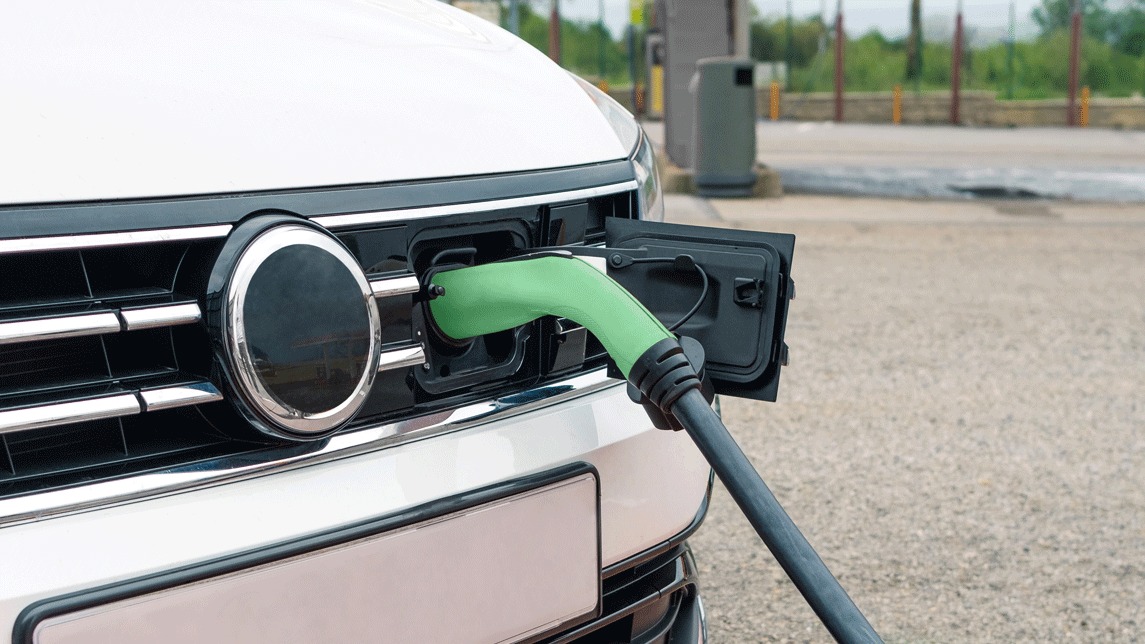There is no doubt the use of electric vans and cars is on the rise. Whether you like them or loathe them, it appears they are here to stay.
Our job is not to convince our readers to convert to electric vans, but rather point out some of the tax benefits, along with other advantages, that come with these new generation vehicles that run on electricity.
Like any new technology, it comes with advantages and disadvantages, and we always like to get the bad news out of the way first!

Now for the good news! Let us look at the information regarding owning an electric van and the tax reliefs and advantages offered as a result!
The energy required to power electric vans is considerably less than fuel-powered vans. Mile for mile, this results in lower fuel costs for business journeys. On average, electric vans are over 80% more energy efficient than an internal combustion engine. This is because an internal combustion engine loses a substantial amount of energy through heat.
Strictly speaking, this statement isn’t completely accurate. The electricity that is used to power up the batteries may be generated from fossil fuels. This would result in emissions at the power plant level.
However, in this case, EVs are still more climate-friendly. This is because EVs can convert about 60-70% of the electrical energy from the grid into motor power used to move the vehicle.
Whereas internal combustion engines are approximately 40% efficient (at the high end), meaning at least 60% of that energy is lost as heat.
Potentially, electric vehicles cost less to insure. There are several reasons that contribute to these lower insurance premiums. Here are some examples of why insurance companies generally consider EVs less risky to insure:
People still need the incentive to go electric. There’s still plenty of work that needs to be done to convince people to go down this route.
One way the government is tackling this is by offering tax advantages. This support for individuals and services will ultimately help a lot with reductions in business costs.
Let us take a look at the tax benefits offered by the UK government for having an EV:
The decision to own an electric van would depend on several factors. Is the model you like available? Are your driving habits suited for an EV van? Can the vehicle handle your business requirements?
As a whole, electric vans offer several benefits over traditional counterparts, such as lower running costs, benefits to the environment, and some enticing tax benefits and government incentives.
Having said that, there are also limitations that can impact the running of a business, such as limited driving range, long charging times, limited charging facilities, and higher upfront costs.
Ultimately, it would appear there is still a bit to go before EVs become the norm. It would appear the public still needs a little more convincing, at least until range and charging times improve.